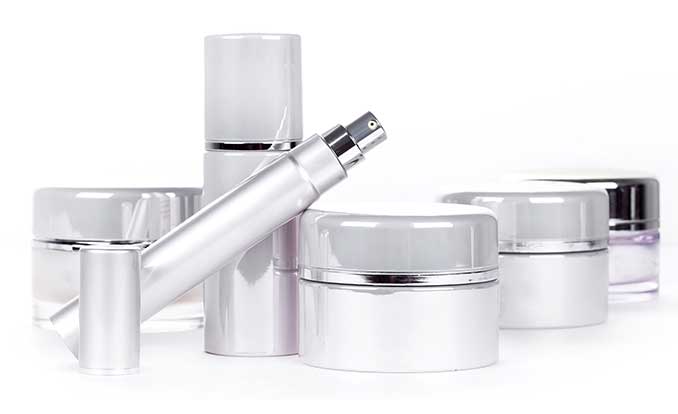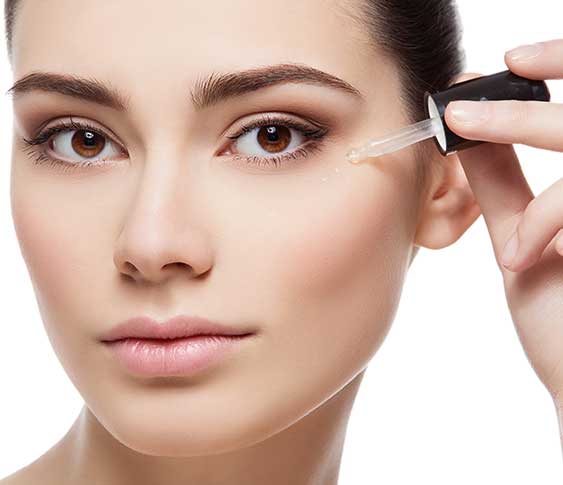
 Skin Care Merchant Account
Skin Care Merchant AccountSeveral factors contribute to this merchant account category’s high risk label. Finding the right provider is the key to a payment solution that adds value to your business.
Skin care is a broad category that includes cleansers, lotions, powders, sprays and other products meant to clean, moisturize or otherwise benefit skin. Business type (ecommerce, MOTO or brick-and-mortar) and product type helps merchant service providers (MSPs) determine your business’s level of risk. Some MSPs don’t accept high risk businesses, particularly those that are regulatory risk heavy like skin care lines. But there are still plenty of high risk providers who will. Your deciding factors should come down to the provider’s quality of products and services, their transparency, and the transaction rates and fees they charge. Adjusting your business model to become less vulnerable to chargebacks can lighten your transaction rates. Reasons for skin care business chargebacks include:

If the business experiences fraud, excessive chargebacks or bankruptcy and is unable to cover financial setbacks, the payment liability falls onto the MSP. To offset the potential financial loss, the MSP tends to charge higher rates in case they have to pay back banks and credit card companies if the business can’t without taking too much of a financial hit themselves.
BankCard USA works closely with our merchants to ensure they’ve established a lucrative, chargeback-shielded business model. That includes a clearly worded return policy, openly displayed terms and conditions (especially if you offer free trials or recurring billing), fraud fighting tools and more. Our PCI compliance team is here to walk merchants through the necessary security requirements to protect their business, and we also offer free vulnerability scanning for ecommerce and IP-connected terminal businesses to make sure their internet connection is safe from advanced online fraud attempts.

We assist with payment gateway integration support, so your customers can seamlessly check out on your website. Our mission is to provide you with the most powerful, yet cost effective, payment solution. With a skin care merchant account from BankCard USA, you have options to customize the capabilities and features you want for your unique business:
Selling skin care products can be complicated due to U.S. Food and Drug Administration (FDA) regulations. There’s a fine distinction between skin care products that are considered cosmetics and skin care products that fall into the FDA’s classification of drugs and medical devices. It comes down to their intended use.
This is where advertising becomes extremely important. Here’s an example: If your skin product claims to hide the appearance of wrinkles, it’s considered a cosmetic. Cosmetics don’t require FDA approval (with the exception of certain color additives), but they are FDA regulated. They must not have deceptive labeling or packaging, and it’s the merchant’s legal responsibility to ensure they’re safe for their intended use. There’s also a list of FDA prohibited ingredients that aren’t allowed to go in them.

If your product claims to stop or even reverse wrinkles, it’s considered a drug and must be FDA-approved for safety and effectiveness before it goes on the market. Antibacterial soaps, sunscreens, acne cleansers and other products made for specific treatments, preventative or not, are examples of skin care products that are considered drugs by the FDA and need pre-market approval.
The gray area grows wider since many products are considered both cosmetics and drugs. They must meet the labeling requirements for both categories. A few examples of both are:
If you’re launching a skin care line, consult www.fda.gov to determine your products’ classification and set of requirements. Our underwriting team is also available to answer any questions you have about your product’s categorization and advertising requirements. Our priorities for your business are maximizing your profits, helping you grow a loyal customer base, building a credible brand and achieving long-term viability in the competitive industry, all while following appropriate regulations. Call for a free consultation today.